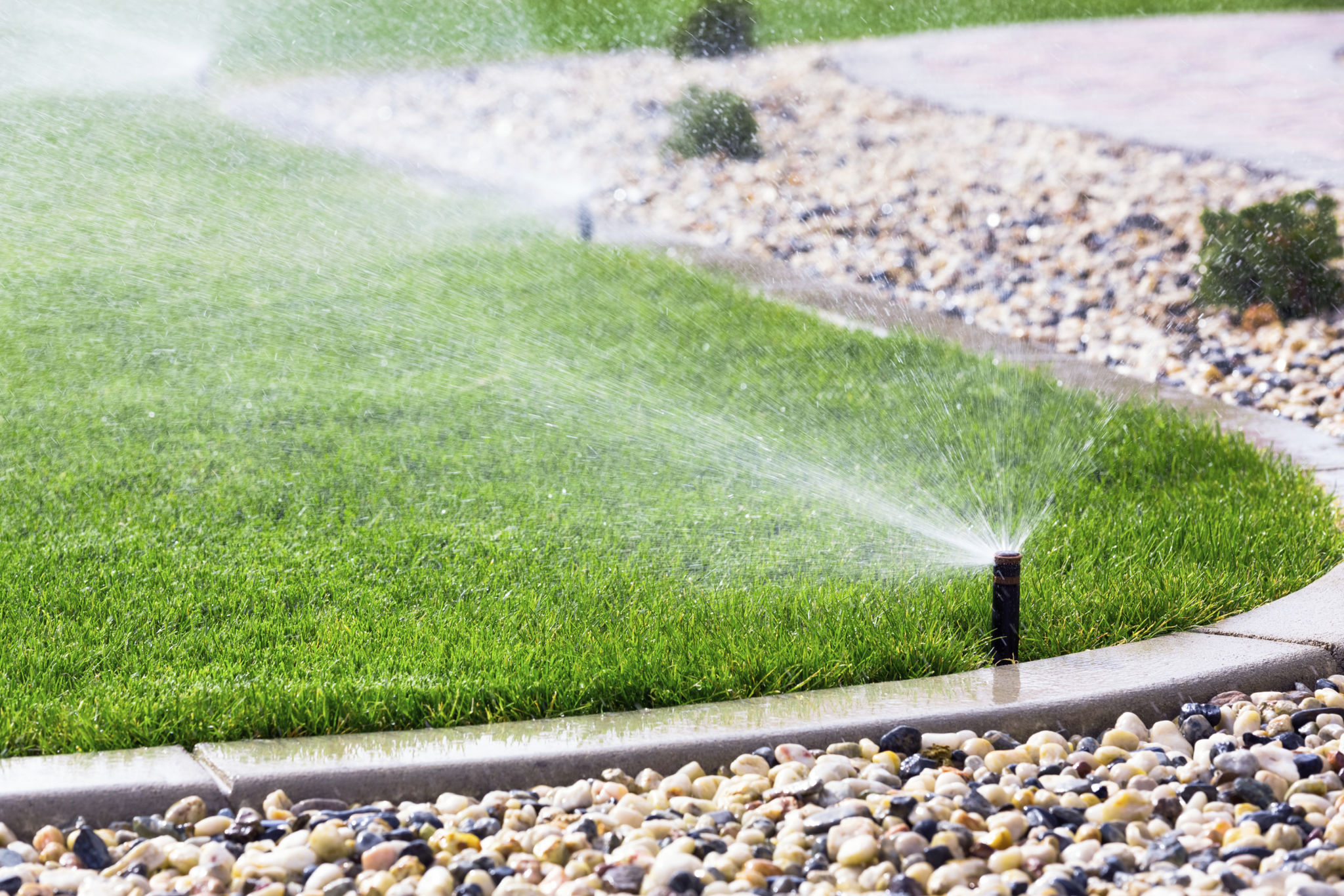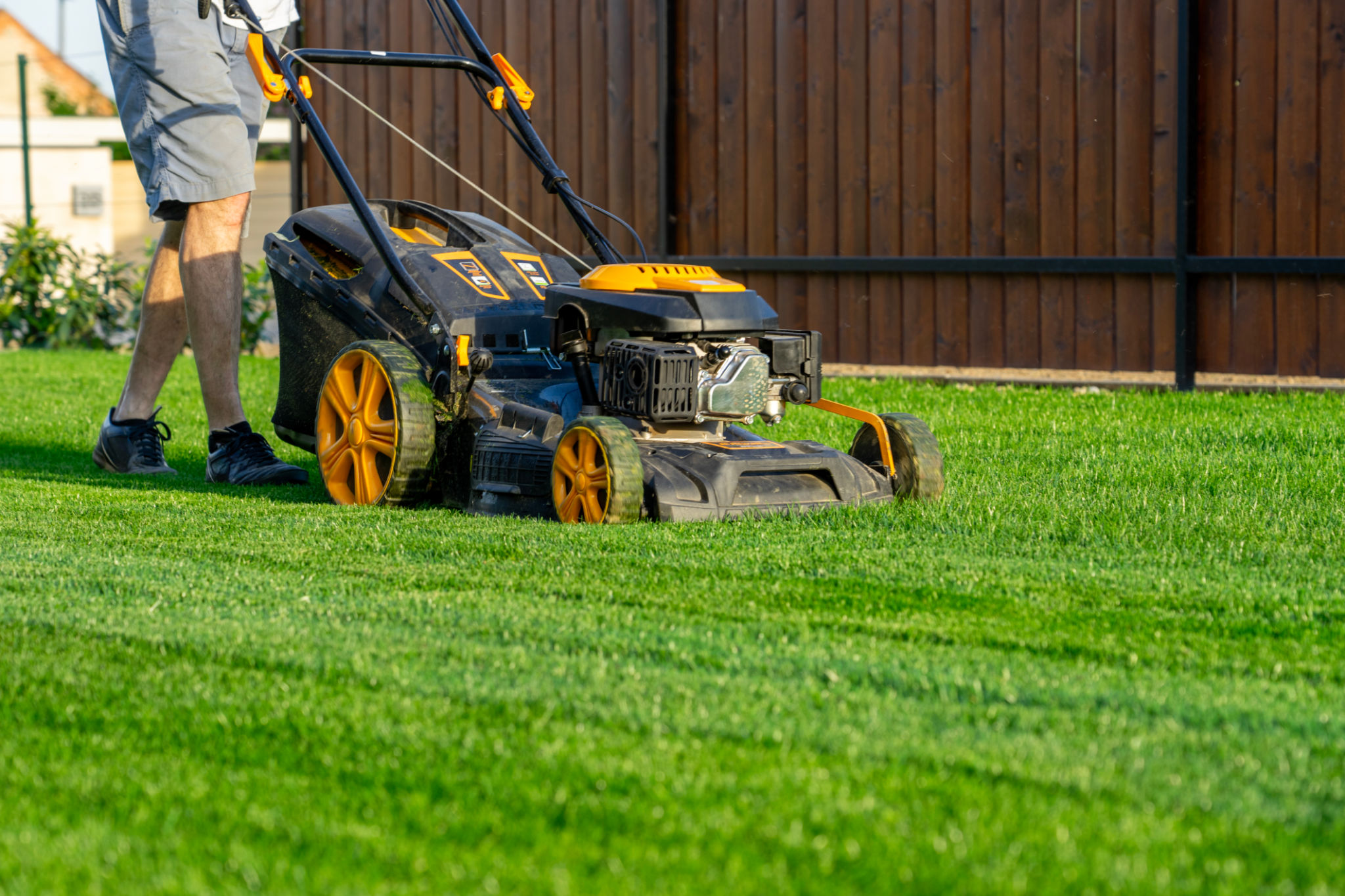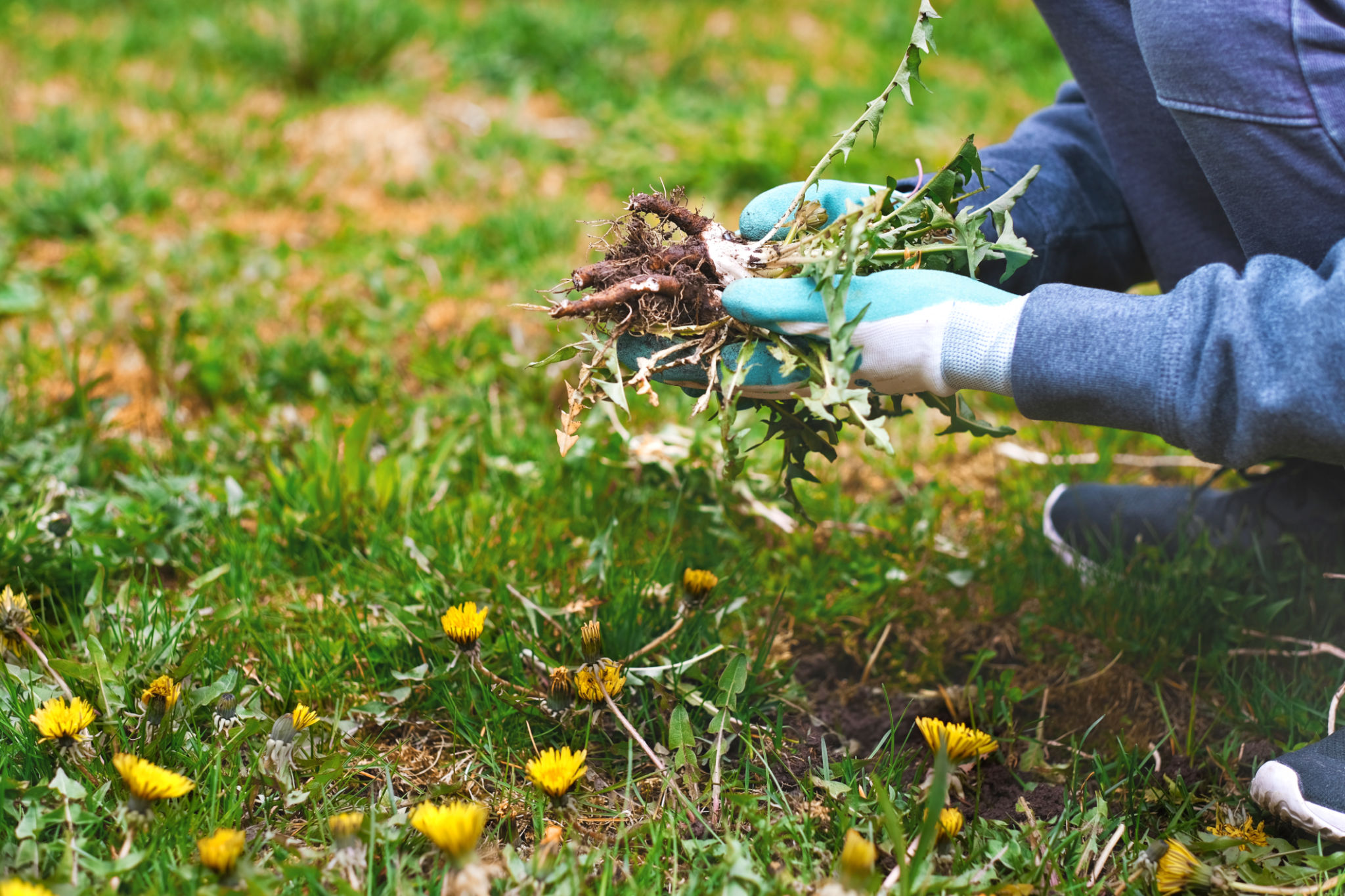Expert Insights: Common Lawn Care Mistakes to Avoid in North Carolina
Understanding the Climate and Soil
North Carolina's diverse climate and soil conditions present unique challenges for lawn care enthusiasts. From the coastal plains to the mountainous regions, understanding your specific locale is crucial for maintaining a lush, healthy lawn. Coastal areas often have sandy soils, which require different care compared to the clay-heavy soils found in the Piedmont region. Identifying your soil type is the first step to crafting an effective lawn care strategy.
Another consideration is the state's varied climate zones. North Carolina experiences subtropical conditions in the east and mountainous climates in the west, impacting how you approach lawn care. Knowing when to plant, fertilize, and water is essential for success.

Selecting the Right Grass Type
Choosing the appropriate grass type for your region is vital. Common mistakes include planting grass varieties that are ill-suited for your climate zone. For instance, cool-season grasses like Kentucky bluegrass thrive in the cooler western areas, while warm-season grasses such as Bermuda and Zoysia are better suited for the warmer coastal and central regions.
Make sure to research and select a grass type that matches your specific environmental conditions. This decision will significantly impact your lawn's resilience and appearance throughout the year.

Proper Watering Techniques
Overwatering is a frequent issue among North Carolina homeowners. While it may seem beneficial, too much water can lead to shallow root growth and increased susceptibility to disease. Aim to water deeply but infrequently to encourage deep root systems. Generally, lawns require about 1 to 1.5 inches of water per week, either from rainfall or supplemental irrigation.
Consider installing a rain gauge to monitor natural precipitation and adjust your watering schedule accordingly. Remember, early morning is the best time to water your lawn to minimize evaporation and fungal growth.

Avoiding Over-Fertilization
Fertilization is key to maintaining a vibrant lawn, but over-fertilizing can cause more harm than good. Excessive use of fertilizers can lead to nutrient runoff, which harms local waterways, and can burn your grass. A soil test is an effective way to determine the precise nutrients your lawn needs.
Follow recommended application rates and schedules based on your soil test results. Typically, lawn fertilization should occur in late spring and early fall for most grass types in North Carolina.
Timing Mowing Practices
Improper mowing practices can stress your lawn and impede its growth. A common mistake is mowing too short, known as scalping. This weakens grass, making it vulnerable to weeds and disease. Set your mower blades higher during hot months to allow for longer grass blades that provide shade and retain moisture in the soil.

Additionally, ensure your mower blades are sharp for a clean cut that encourages healthy growth. Regularly change mowing patterns to prevent soil compaction and uneven growth.
Controlling Weeds Effectively
Weed control is often mishandled by either neglecting it altogether or using excessive herbicides. Weeds compete with grass for nutrients, sunlight, and water, so it's important to manage them effectively. Implement a pre-emergent herbicide in early spring to prevent weed seeds from germinating and apply post-emergent treatments as needed.

Maintaining a thick, healthy lawn through proper cultural practices can naturally suppress weed growth, reducing your reliance on chemical controls.
Conclusion: Expert Tips for Success
Avoiding these common mistakes can make a significant difference in your lawn's health and appearance. By understanding your local environment, selecting appropriate grass types, and implementing proper maintenance practices, you can achieve a beautiful lawn that enhances your home's curb appeal.
Remember, lawn care is an ongoing process that requires attention to detail and willingness to adapt strategies as conditions change. With these expert insights, you're well on your way to becoming a North Carolina lawn care pro.